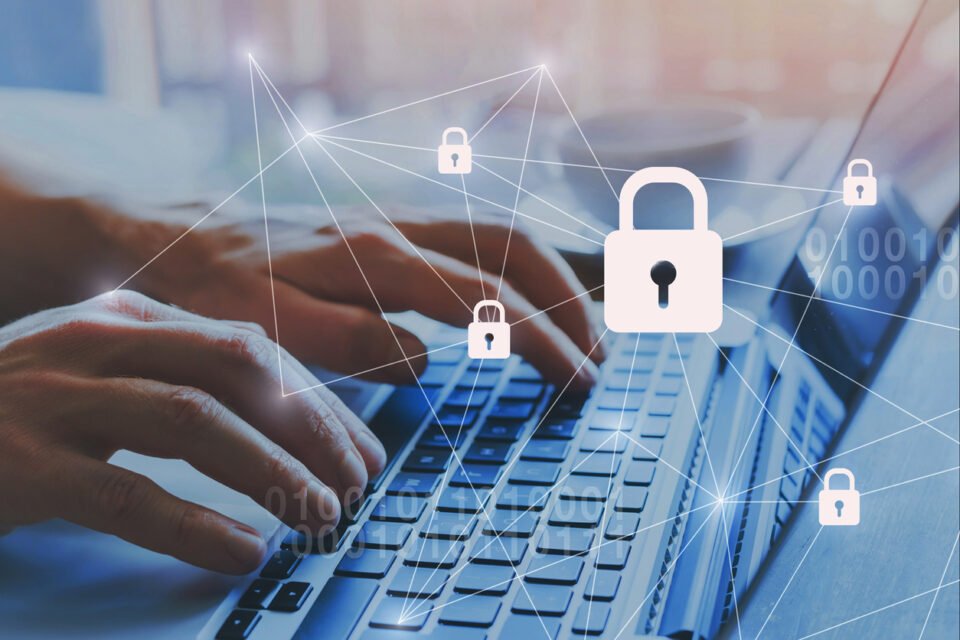The significance of cyber security cannot be emphasized in our increasingly digital society, where information is readily accessible with a single click. Individuals and organizations are confronted with the challenge of protecting their digital assets from cyber threats as a result of technological advancements and the expansion of the internet. From personal identity theft to large-scale data breaches, the risks are real and ever-evolving. In this article, we delve into the world of cybersecurity, exploring its significance, common threats, and best practices to protect your online presence.
The Significance of Cybersecurity
Cyber Security encompasses a range of practices and measures designed to protect electronic systems, networks, and data from unauthorized access, attacks, and damage. Our reliance on digital platforms for communication, business operations, financial transactions, and entertainment has grown as our lives have become more entwined with technology. This reliance, however, has opened the doors for malicious actors to exploit vulnerabilities and wreak havoc.
Common Cyber Threats
Malware: Malware is an umbrella term for harmful software, which encompasses viruses, worms, trojans, and ransomware. These programs are designed to infiltrate systems and disrupt normal operations, steal sensitive information, or demand ransoms for restoring access.
Phishing: By masquerading as a trustworthy entity, phishing attacks deceive victims into divulging sensitive information such as passwords and credit card numbers. These attacks often come in the form of deceptive emails, websites, or messages.
Data Breaches: When unauthorized parties obtain access to sensitive data, a data breach occurs. This may involve personally identifiable information, financial documents, or trade secrets. Data intrusions can result in identity theft, financial losses, and harm to a company’s reputation.
Social Engineering: Social engineering techniques push people into disclosing secret information or acting in ways that jeopardize security. Attackers may use human psychology to get victims to trust them.
Denial of Service (DoS) Attacks: DoS assaults overwhelm a system or network with excessive traffic, making it inaccessible to authorized users. This disrupts services and can lead to financial losses.
Protecting Your Online Presence: Best Practices
Use Strong and Unique Passwords: Make passwords that are hard to guess and complicated. Make use of a variety of capital and lowercase letters, numerals, and special characters. Do not use the same password for several accounts.
Implement Multi-Factor Authentication (MFA): MFA provides an extra degree of protection by requiring users to submit multiple kinds of authentication, such as a password and a code delivered to their phone, before authorizing access.
Regular Software Updates: Keep your operating system, applications, and security software up to date. Manufacturers often release updates to patch vulnerabilities that hackers could exploit.
Beware of Phishing Attempts: When clicking on links or downloading files from unknown sources, proceed with caution. Verify the legitimacy of emails and websites before sharing sensitive information.
Secure Your Network: Use strong encryption protocols for your Wi-Fi network and change default passwords for routers and devices. This prevents unauthorized access to your network.
Backup Your Data: Regularly back up your important data to an external drive or a secure cloud service. This ensures that even if you fall victim to ransomware or data loss, you can restore your information.
Educate Yourself and Others: Stay informed about the latest cybersecurity threats and educate your family, friends, and colleagues about best practices. Awareness is a key defense against cyber threats.
The Role of Organizations in Cybersecurity
While individuals play a crucial role in cybersecurity, organizations also bear a significant responsibility in protecting their customers’ data and maintaining their online security. Cyber attacks on businesses can lead to substantial financial losses, legal ramifications, and reputational damage. Therefore, organizations must implement robust cybersecurity measures, including:
Employee Training: Hold frequent training sessions to educate personnel on the most recent cyber risks and protective actions. Employees are often the first line of defense against phishing and social engineering attacks.
Security Policies and Procedures: Develop and enforce security policies that outline acceptable use of company systems, data handling procedures, and incident response plans.
Network Security: Implement firewalls, intrusion detection systems, and other network security measures to monitor and prevent unauthorized access.
Regular Audits and Assessments: Perform regular security assessments and audits to identify vulnerabilities and address them promptly.
Incident Response Plan: Put in place a well-defined incident response plan to effectively limit the effects of cyber assaults and recover from security breaches.
Vendor and Third-Party Risk Management: Assess the cybersecurity practices of vendors and third-party partners, as they could serve as potential entry points for attackers.


